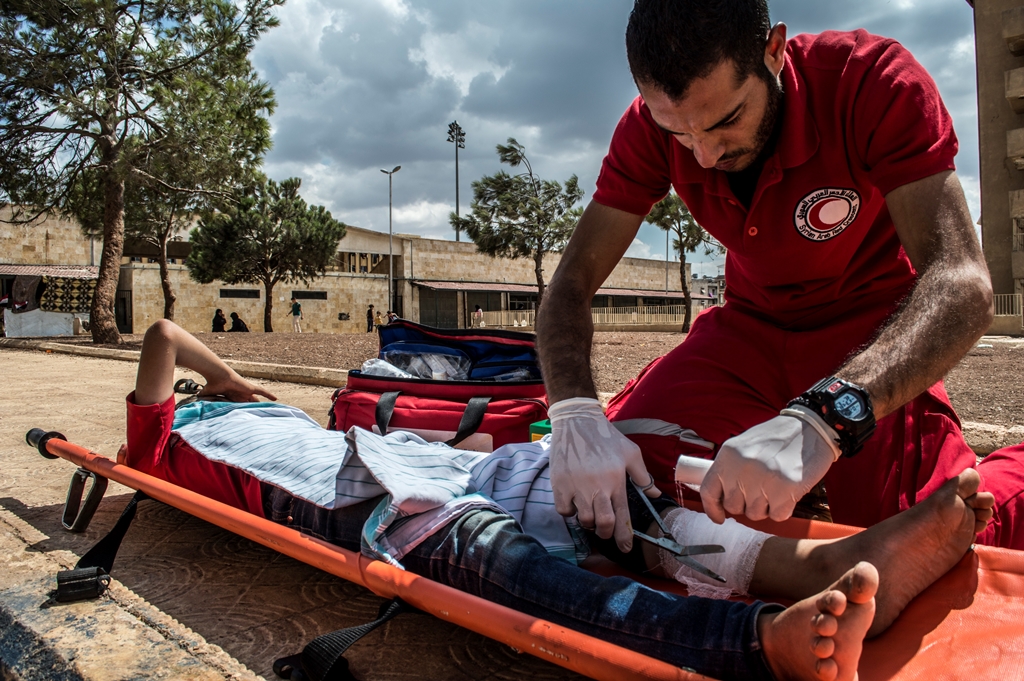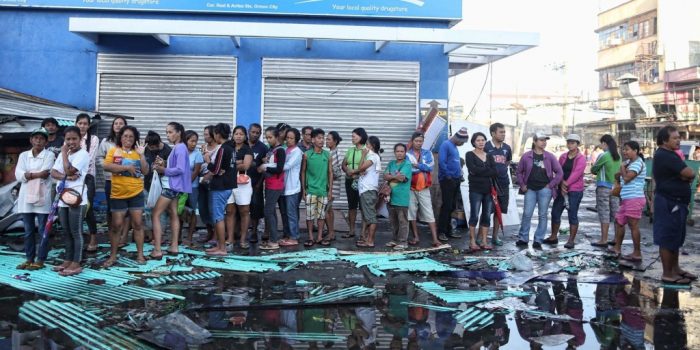
CDP Typhoon Haiyan Recovery Fund

Typhoon Haiyan was one of the most powerful storms in recorded history.
It resulted in more than 6,155 deaths with 1,800 people unaccounted for. All told, it affected 16 million people and damage was estimated to be in the billions. Haiyan (known locally as Yolanda) left hundreds of thousands of people without permanent shelter.
This fund supported this disaster:
About this Fund
The Center for Disaster Philanthropy launched the CDP Typhoon Haiyan Recovery Fund immediately following the storm, emphasizing funding medium- and long-term funding.
The Fund had the stated purpose of supporting vulnerable populations; filling in gaps where public resources are unavailable or scarce; fostering collaborative relationships among donors; and promoting cross-sector collaboration.
Funding focus
More than 230,000 pregnant women were affected by the typhoon. Ten days after the disaster, the United Nations Population Fund reported that nearly 900 women were giving birth each day, with around 130 likely to experience potentially life-threatening complications.
To meet this critical need, we focused our long-term recovery funds on maternal health for women and their newborns.
Grantmaking timeline
We raised approximately $300,000 for this Fund.
July 14 – Full fund distribution
Grant committee
The CDP Typhoon Haiyan Recovery Fund grant committee included:
Committee Chair: Lori Bertman, president and CEO of the Baton Rouge- based Irene W. and C.B. Pennington Foundation. She is the co-founder and chairman of the board of CDP.
Joel Charny, Director, Norwegian Refugee Council USA
Bob Ottenhoff, Former President and CEO of the Center for Disaster Philanthropy
The Center for Disaster Philanthropy awarded four grants from this Fund. The grants focused on maternal health for women and their newborns.
Fund updates
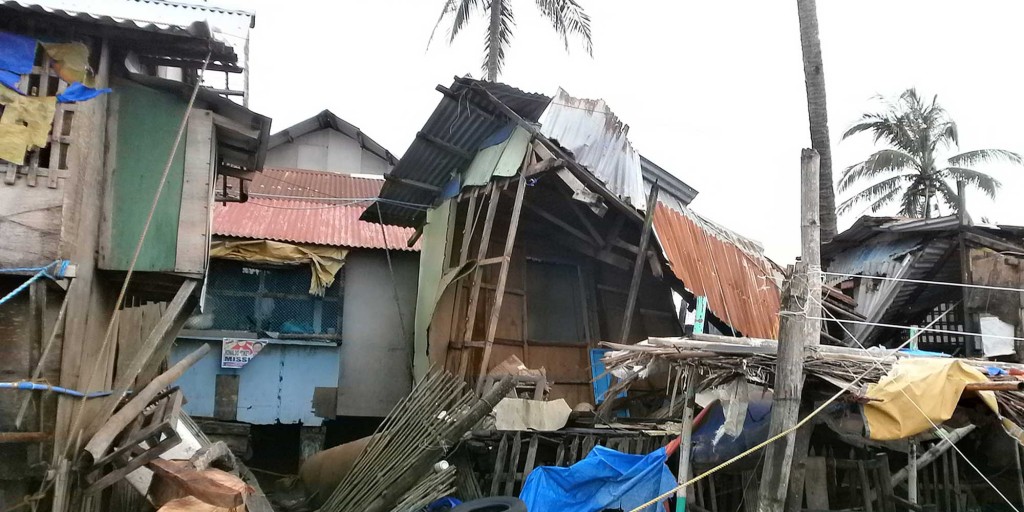
CDP Typhoon Haiyan Recovery Fund Fills Recovery Gaps
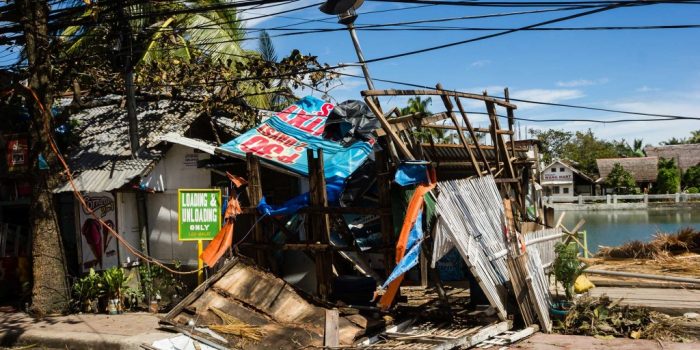
Life after a Super Typhoon

Haiyan Recovery Still Has Long Road Ahead
Fund resources
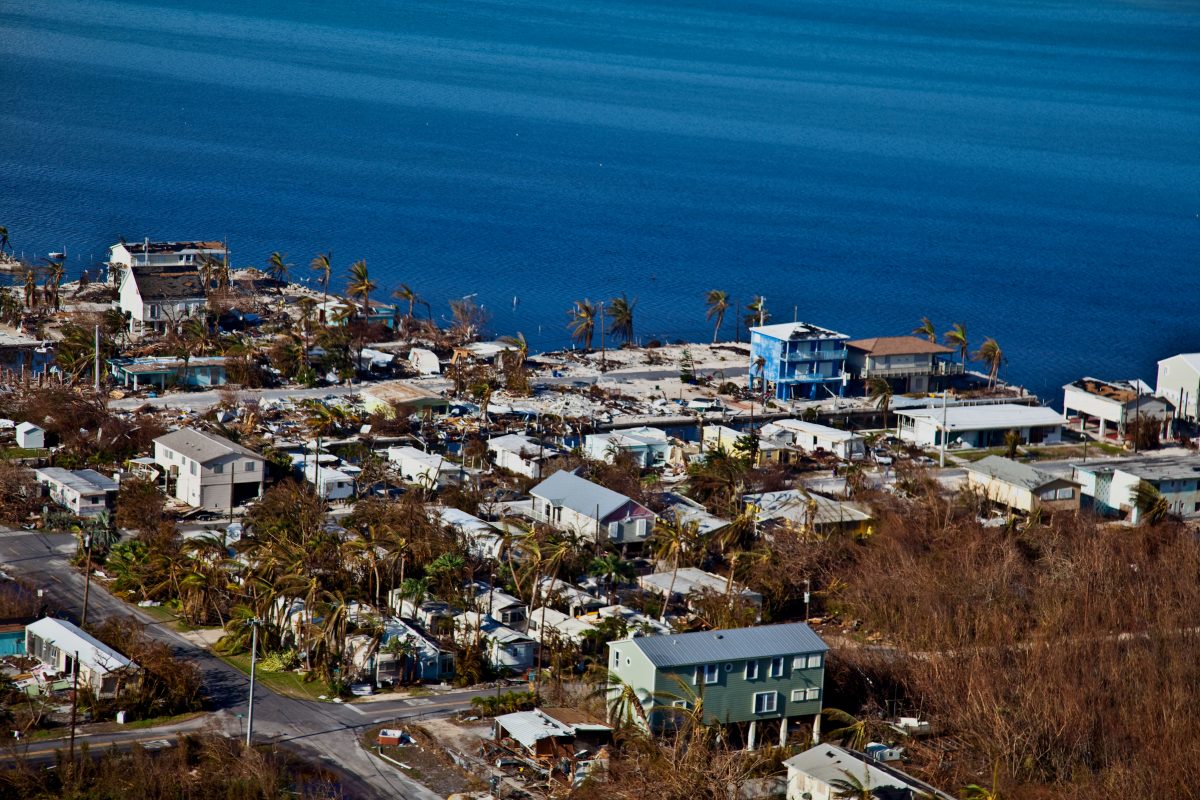
Hurricanes, Typhoons and Cyclones
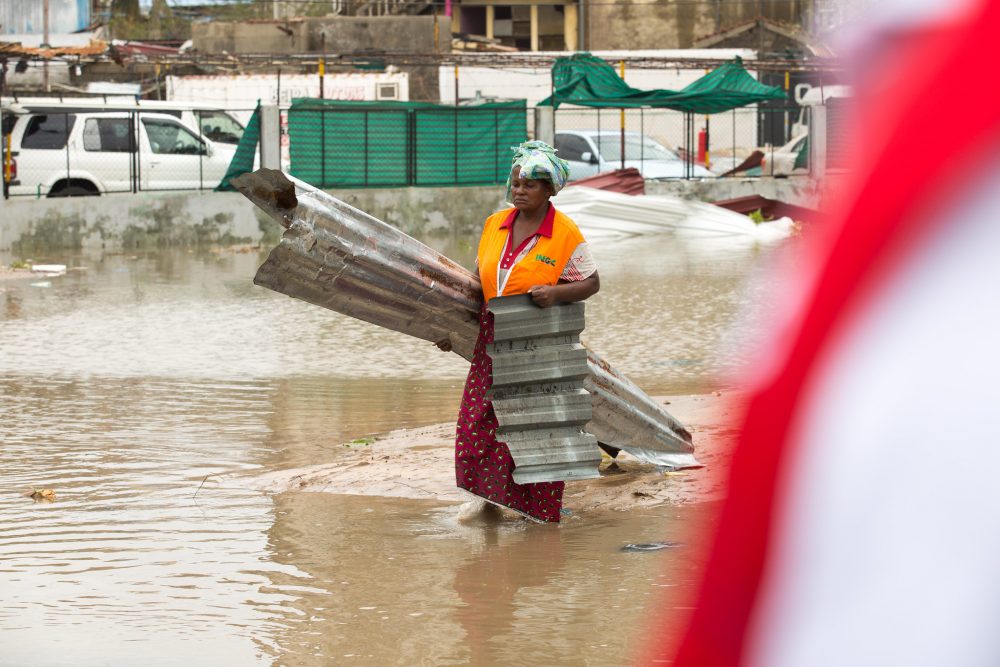
Women and Girls in Disasters
